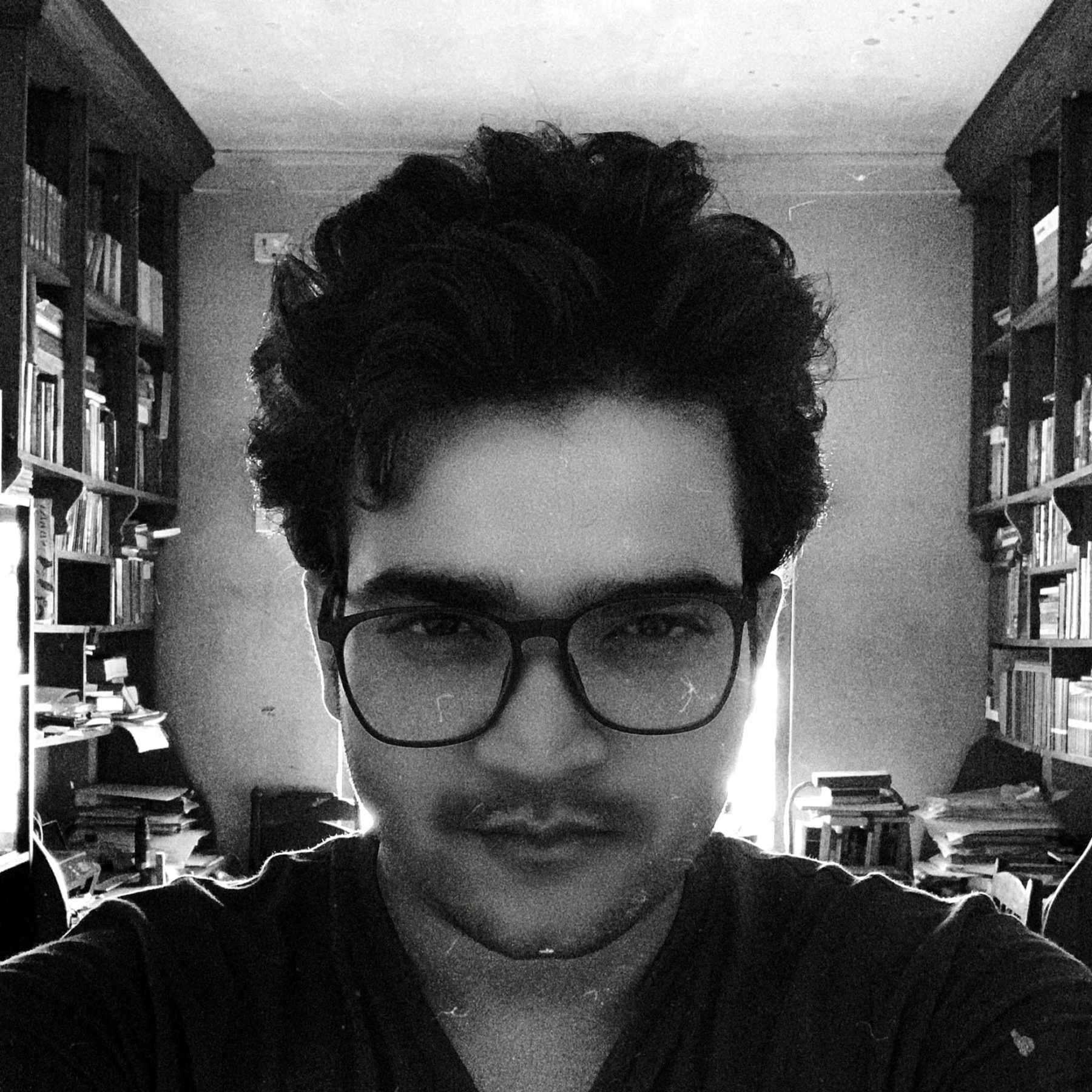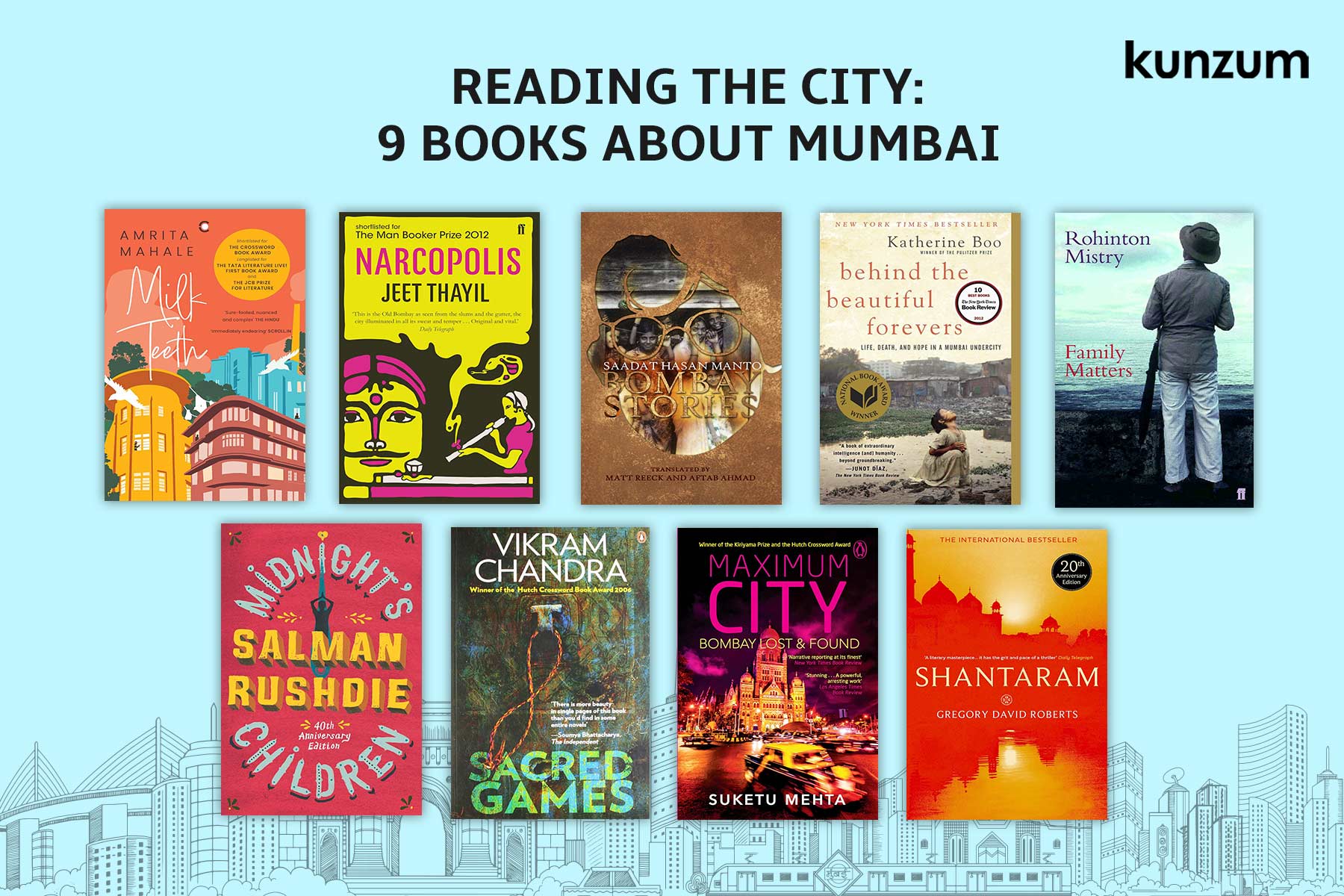
Mumbai, formerly Bombay, is a city made of dreams and nightmares as much as it is made of stone, bricks, mortar, and steel. Home to Bollywood — India’s largest film industry — and its many stars, Mumbai is touched by the overpowering, exhausting, violent, and chaotic magic of its glamorous and gaudy show business, its ever-burgeoning population, its claustrophobic slums and towering skyscrapers, its congested roads and over-burdened public infrastructure, its regal, colonial architecture, and the Arabian Sea. Mumbai is a heady mix of nostalgia for its gilded past, and cutthroat ambition for its glasshoused future. In its nearly 300-year-long modern history, Mumbai has been immortalized in many films and more books, fiction and non-fiction alike.
Here are 9 books of fiction and narrative non-fiction that reveal the many faces of this unrelenting megalopolis:
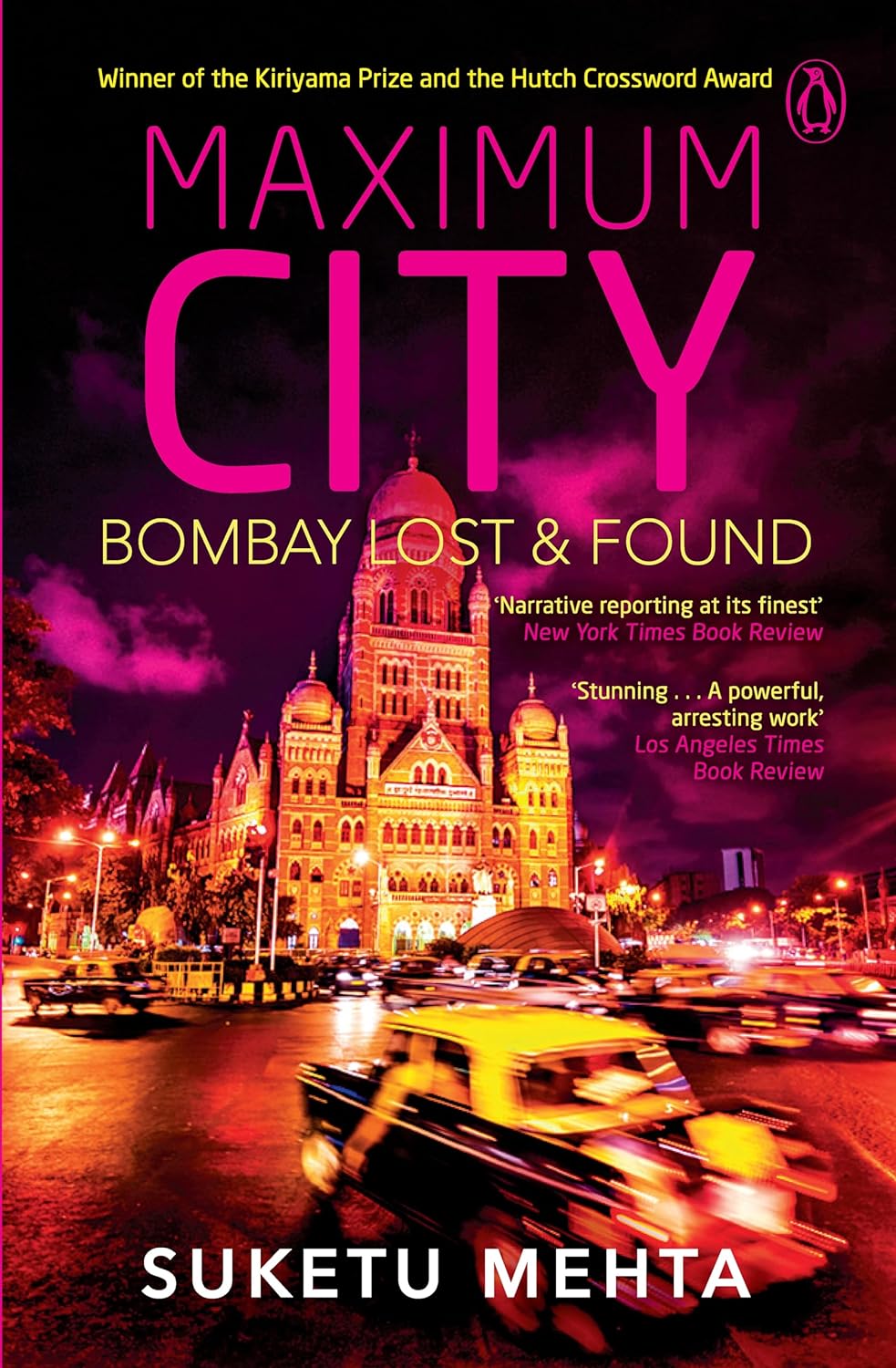
Maximum City: Bombay Lost & Found by Suketu Mehta
In 1998, 21 years after he left Bombay at the age of 14, author Suketu Mehta returned to Bombay — the city which he had always, regardless of having lived in New York, Iowa, London, and Paris, thought of as home — to write a book about ‘the biggest, fastest, richest city in India.’ Maximum City, a memoir of the many Bombays that exist within the urban limits of Bombay, is the book that he wrote over the next two years. At once a public work and an intensely private memoir, Maximum City is not just about Bombay, the city and her people, but also about Mehta’s search for himself in the city.
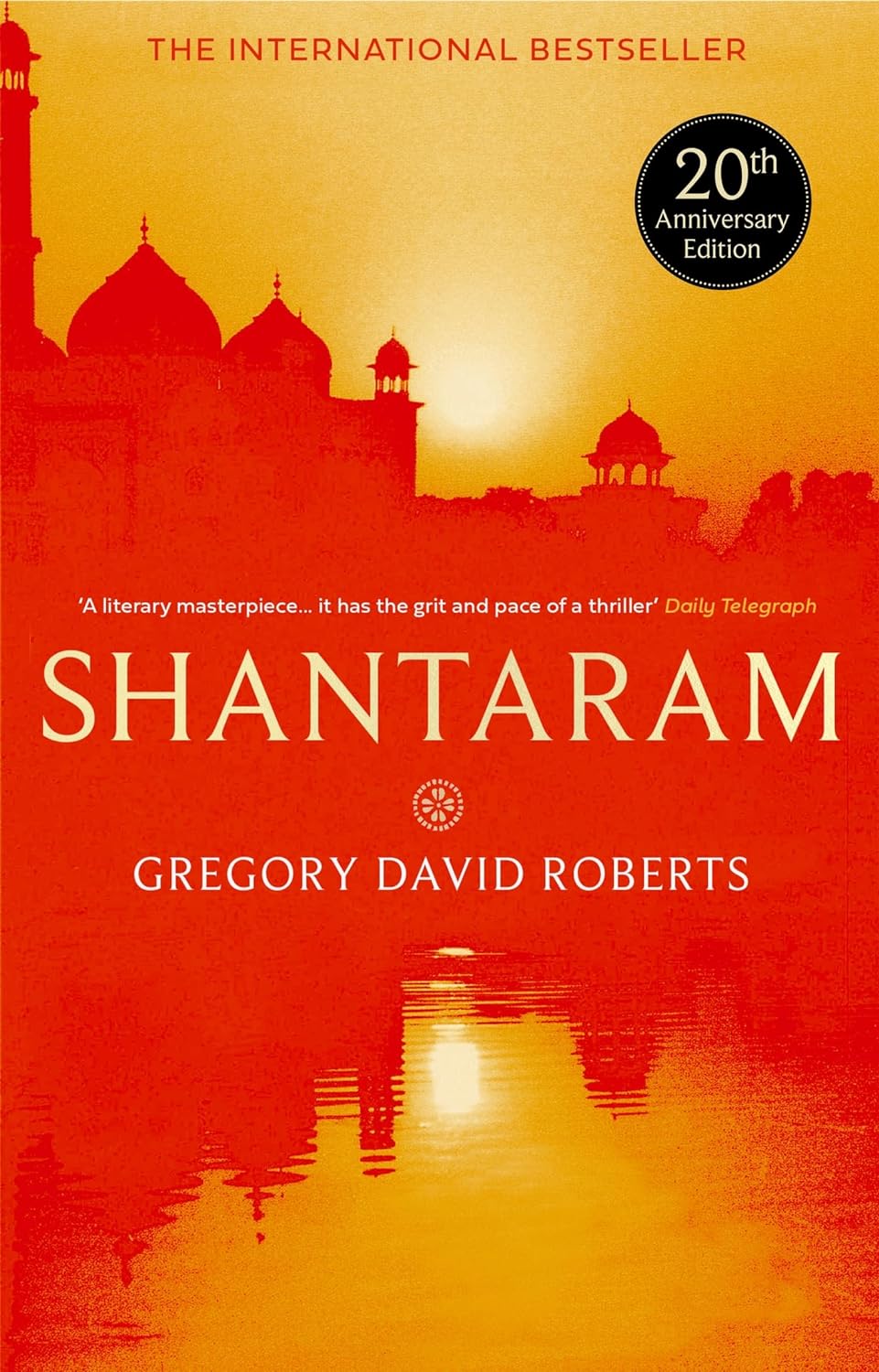
Shantaram by Gregory David Roberts
Based on the extraordinary story of surviving eight years in Bombay’s underworld, this work of autofiction by Gregory David Roberts follows the adventures of Gregory David Roberts — an armed robber, heroin addict, and prison-breaker based on and named after the writer himself. In the early 1980s, Roberts escaped from an Australian prison to India, where he lived in a Bombay slum, established a free health clinic, and joined the mafia, working as a money launderer, forger, and street fighter. He learned Hindi and Marathi, fell in love with a Swiss-American expat, spent time in an Indian prison, acted as an extra in Bollywood films, and if that wasn’t enough already, fought in Afghanistan with the Mujahedeen as a mercenary. A cinematic story from beginning to end, the novel was adapted into a 12-episode limited series for Apple TV+ in 2022.
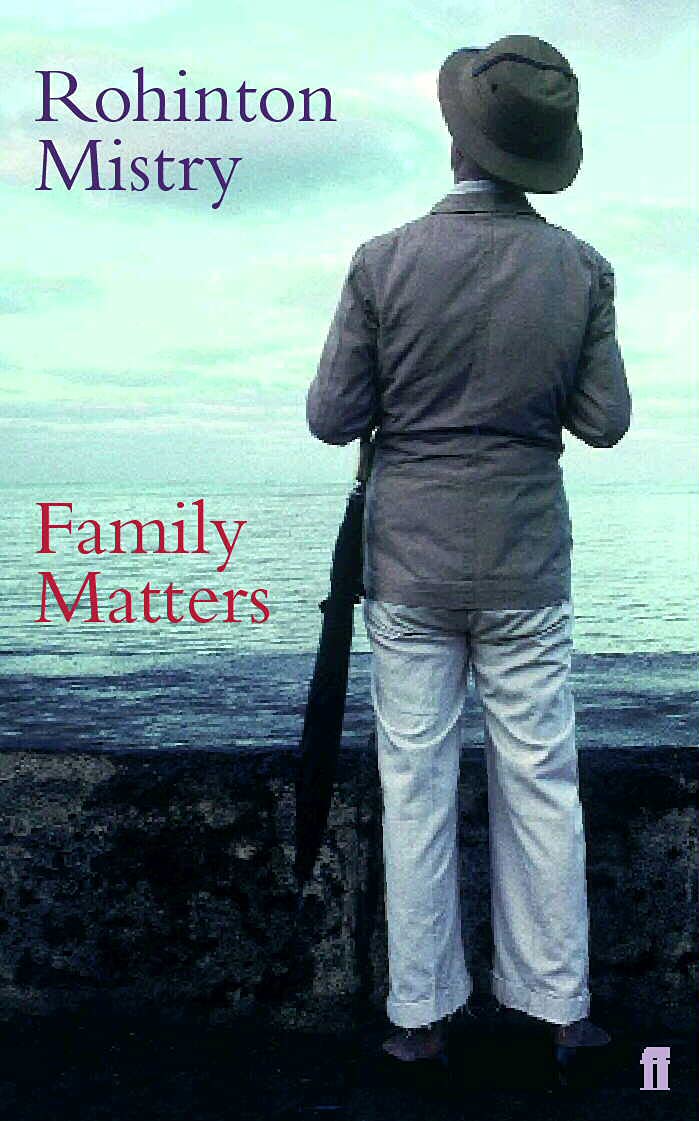
Family Matters by Rohinton Mistry
Set in 1990s Shiv Sena-ruled Mumbai — then still Bombay — Family Matters, Indian-born Canadian author Rohinton Mistry’s third novel, follows the lives of Nariman Vakeel, the ailing patriarch of a small, discordant family, his adult step-children Coomy and Jal who occupy his once-elegant family apartment whose ruin progresses as rapidly as Nariman’s Parkinson’s, and his younger daughter Roxana, her husband Yazad, and their two sons. Sweeping and intimate, tragic and mirthful, Family Matters is a work of enormous emotional power — at once a domestic drama and an intently observed portrait of turn-of-the-millennium Mumbai in all its vitality and corruption.
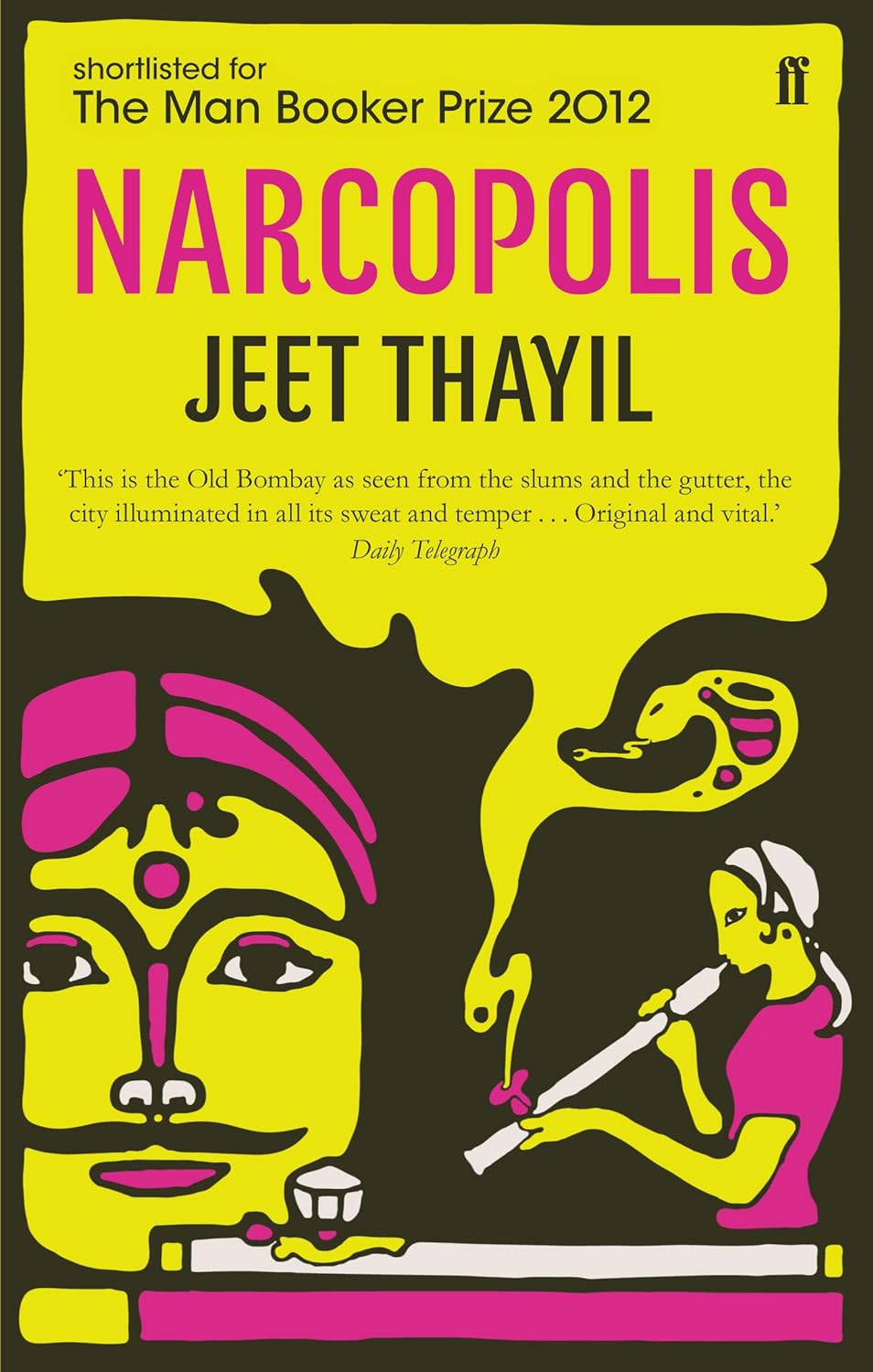
Narcopolis by Jeet Thayil
Set in the opium houses of 1970s Old Bombay, poet and novelist Jeet Thayil’s debut novel Narcopolis draws on Thayil’s lived experience as a drug addict and explores the dark underbelly of Old Bombay, “a city of intoxication, where the substances on offer were drugs and alcohol, of course, but also god, glamour, power, money, and sex.” The novel was shortlisted for the 2012 Man Booker Prize.
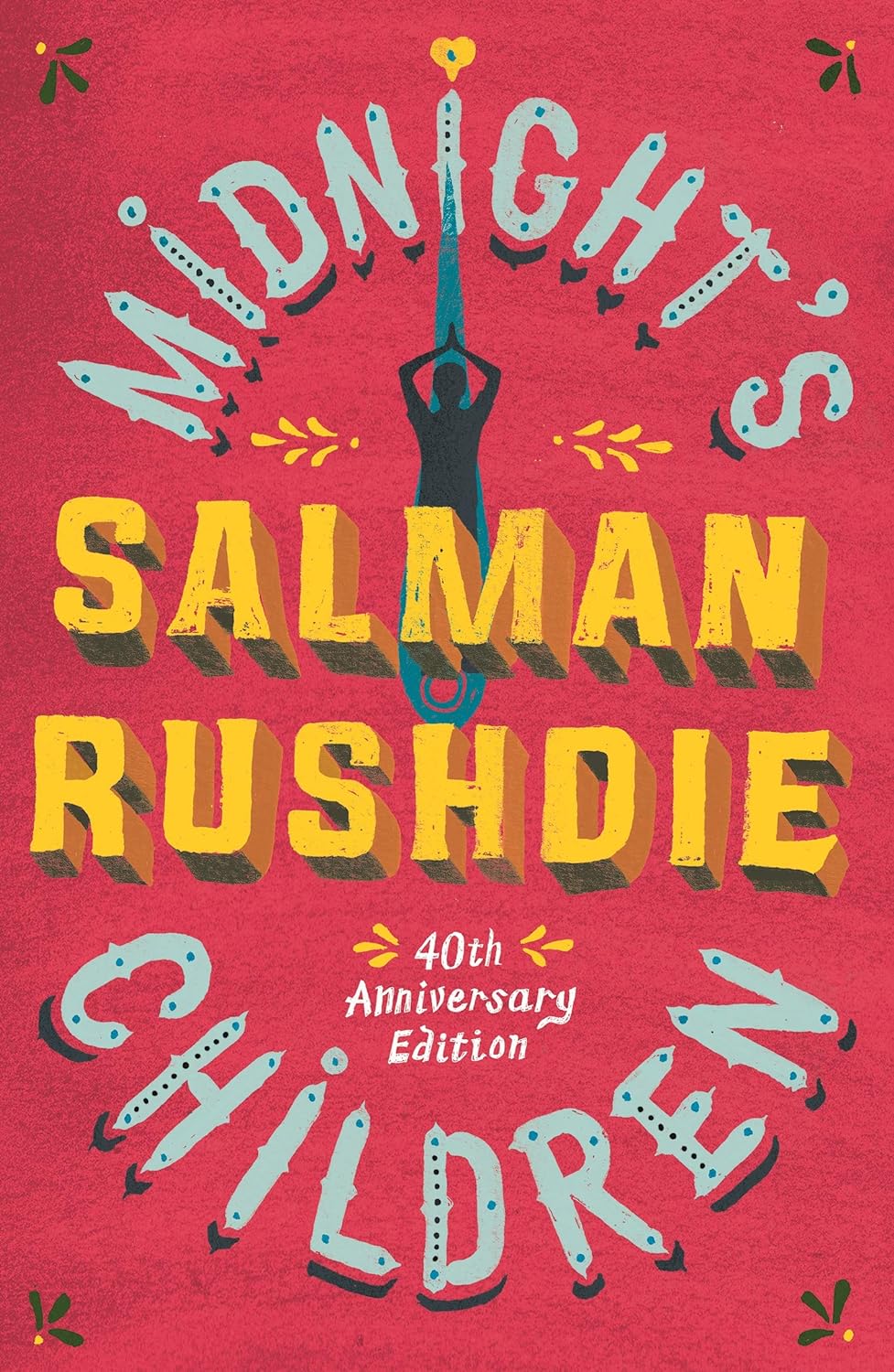
Midnight’s Children by Salman Rushdie
Set against the events during and after the partition and independence of India, Salman Rushdie’s 1981 novel Midnight’s Children is a postcolonial, postmodern, and magical realist historical fiction about children born with special abilities at midnight on the day of India’s independence. The novel is narrated by Saleem Sinai, one such midnight’s child born with telepathic powers at the exact moment India became an independent nation, and unfolds across the Indian subcontinent — from Kashmir to Agra, and then Bombay, Lahore, and finally Dhaka. Midnight’s Children ushered in a new wave of Indian writing in English, so much so that the decades after its publication are often called the “post-Rushdie” years. Midnight’s Children would go on to win the 1981 Booker, the 1992 Booker of Bookers, and the 2008 Best of the Bookers prizes and become one of the most celebrated and critically acclaimed works of Indian literary fiction.
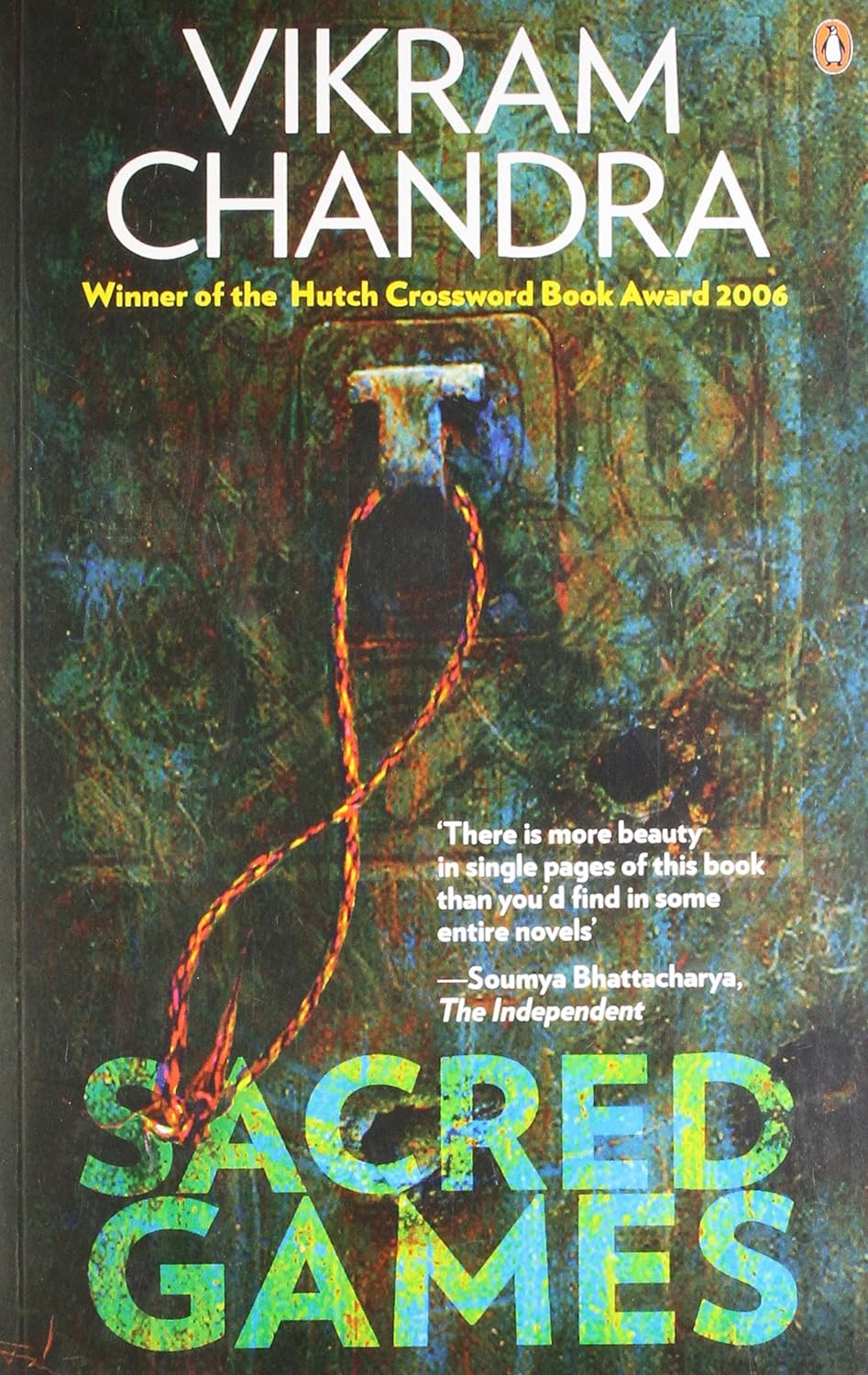
Sacred Games by Vikram Chandra
Vikram Chandra’s 2006 literary thriller Sacred Games runs on two parallel tracks: one winding through the criminal underworld of Mumbai (then Bombay) in the 1980s and 1990s; and the other through a tense present-day investigation into the meaning of a notorious gangster’s mysterious last words. Sacred Games inspired a new wave of Indian literary thrillers and set a benchmark for Indian neo-noirs to come in its wake. In 2018, the novel was adapted into a limited series of the same name by Vikramaditya Motwane and Anurag Kashyap for Netflix India.
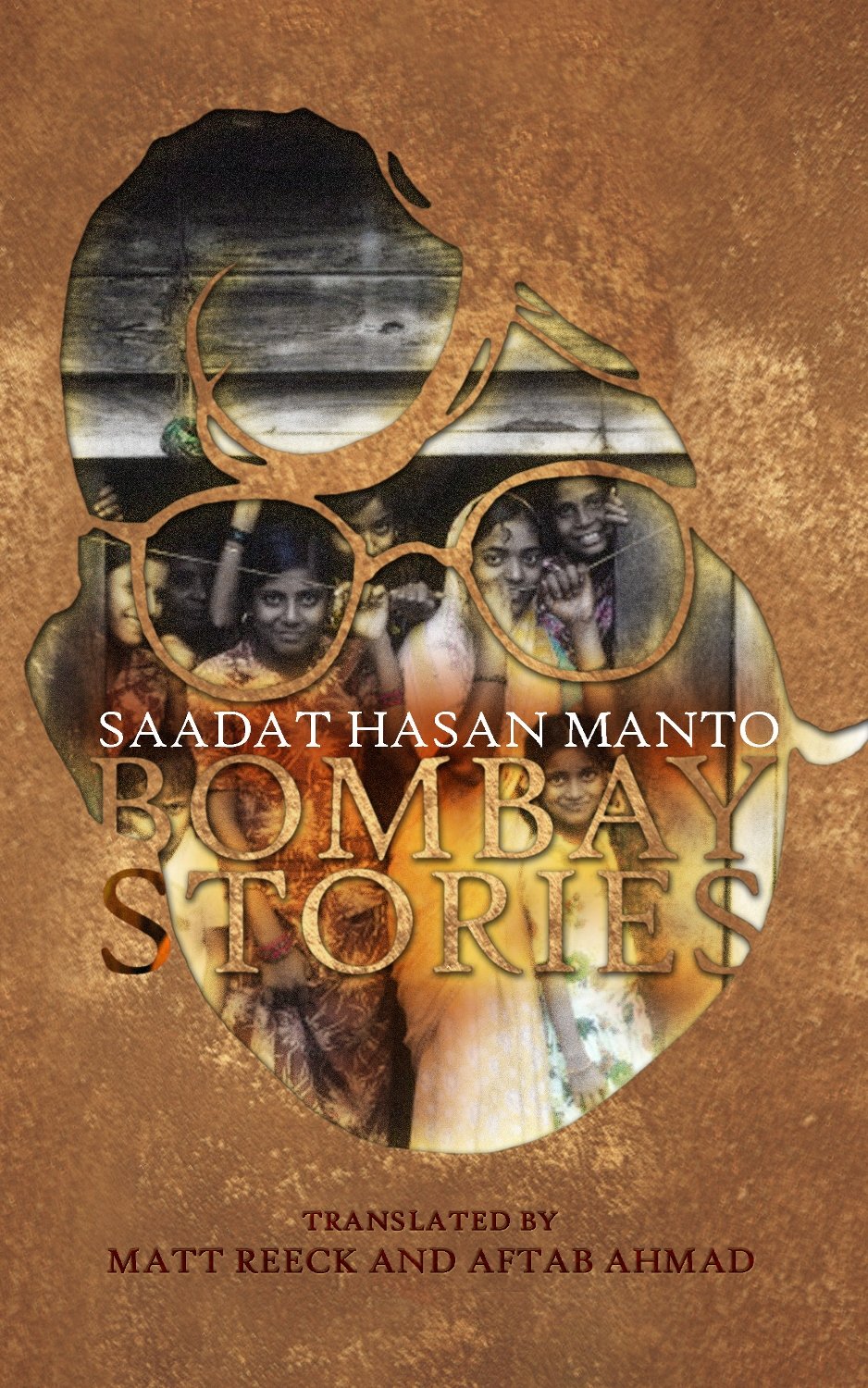
Bombay Stories by Saadat Hasan Manto
A collection of classic yet shockingly contemporary short stories set in the vibrant world of mid-century Mumbai, Saadat Hasan Manto’s Bombay Stories is a love letter to the city. Arriving in 1930s Bombay, Manto discovered a city like no other city in India. A metropolis for all, and an exhilarating hub of license and liberty, bursting with both creative energy and helpless despondency, Mumbai, then Bombay, fascinated him and soon became a source of inspiration for this short story collection. A journalist, screenwriter, and editor par excellence, Manto was a master of the short form, and Mumbai became his lifelong muse. Vividly reporting on the city’s shadowy underbelly — the prostitutes, pimps, and gangsters that filled its back-streets — as well as the aspiring writers and actors who arrived looking for fame in the film industry, this collection includes all of Manto’s Bombay-based stories, translated from the Urdu originals by Matt Reeck and Aftab Ahmad.
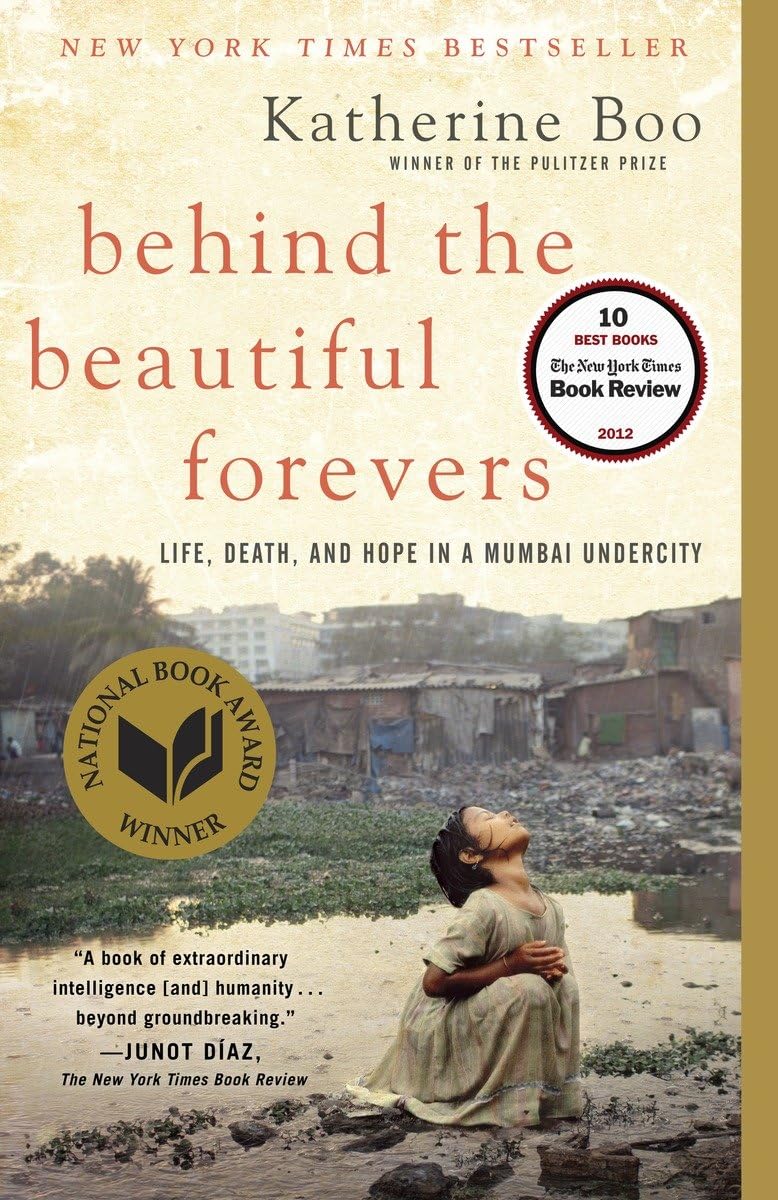
Behind the Beautiful Forevers: Life, Death, and Hope in a Mumbai Undercity by Katherine Boo
A breathtaking work of narrative non-fiction by Pulitzer Prize winner Katherine Boo, Behind the Beautiful Forevers grounds and humanises a bewildering age of global change and inequality through the dramatic story of the families striving toward a better life in Annawadi, a makeshift settlement in the shadow of luxury hotels near the Chhatrapati Shivaji International Airport. With intelligence, humour, and deep insight into what connects people to one another in an era of tumultuous change, Behind the Beautiful Forevers, based on years of uncompromising reporting, carries the reader headlong into the hidden world of Mumbai’s twenty-first-century slums — and into the hearts of the people who live in these ghettos. Behind the Beautiful Forevers won The PEN Nonfiction Award, The Los Angeles Times Book Prize, The American Academy of Arts and Letters Award, and The New York Public Library’s Helen Bernstein Book Award for its brilliant social justice reportage.
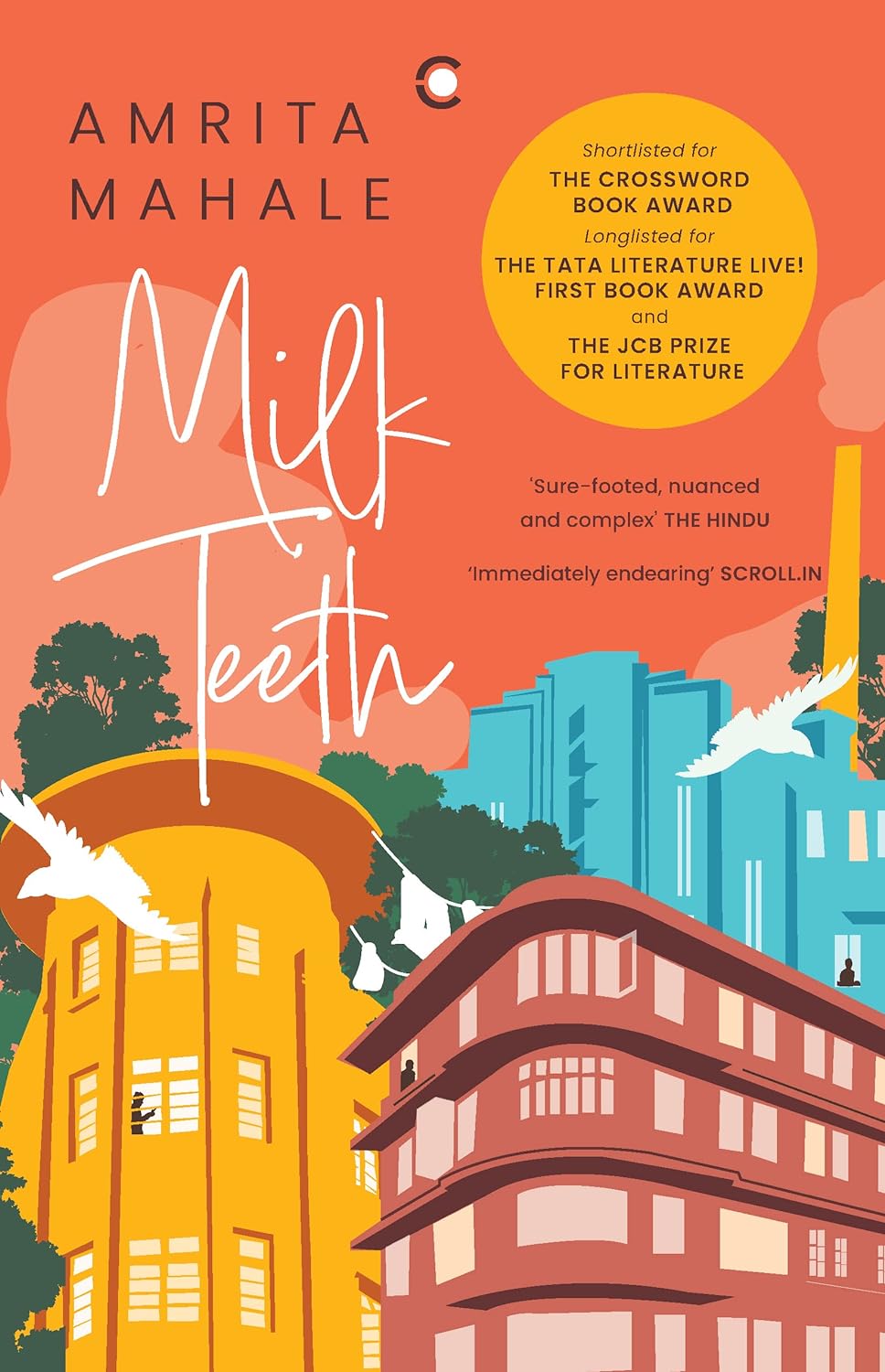
Milk Teeth by Amrita Mahale
Amrita Mahale’s dazzling debut novel Milk Teeth delves into the intricacies of old relationships set against the backdrop of the turn of the millennium Mumbai. Set in 1990s Mumbai, the novel follows the lives of two childhood friends, Ira and Kartik, as they navigate love, ambition, and societal expectations in a rapidly changing city. Mahale’s evocative prose captures the essence of Mumbai in the 1990s, from its bustling streets to its hidden corners, while exploring themes of identity, belonging, and the pursuit of dreams. A poignant reflection on class, community, sexuality and gentrification, and the complexities of human connections in a city in flux, Milk Teeth was longlisted for the JCB Prize for Literature.
Pick up any of these 9 Books about Mumbai from any Kunzum store or WhatsApp +91.8800200280 to order. Buy the book(s) and the coffee’s on us.

